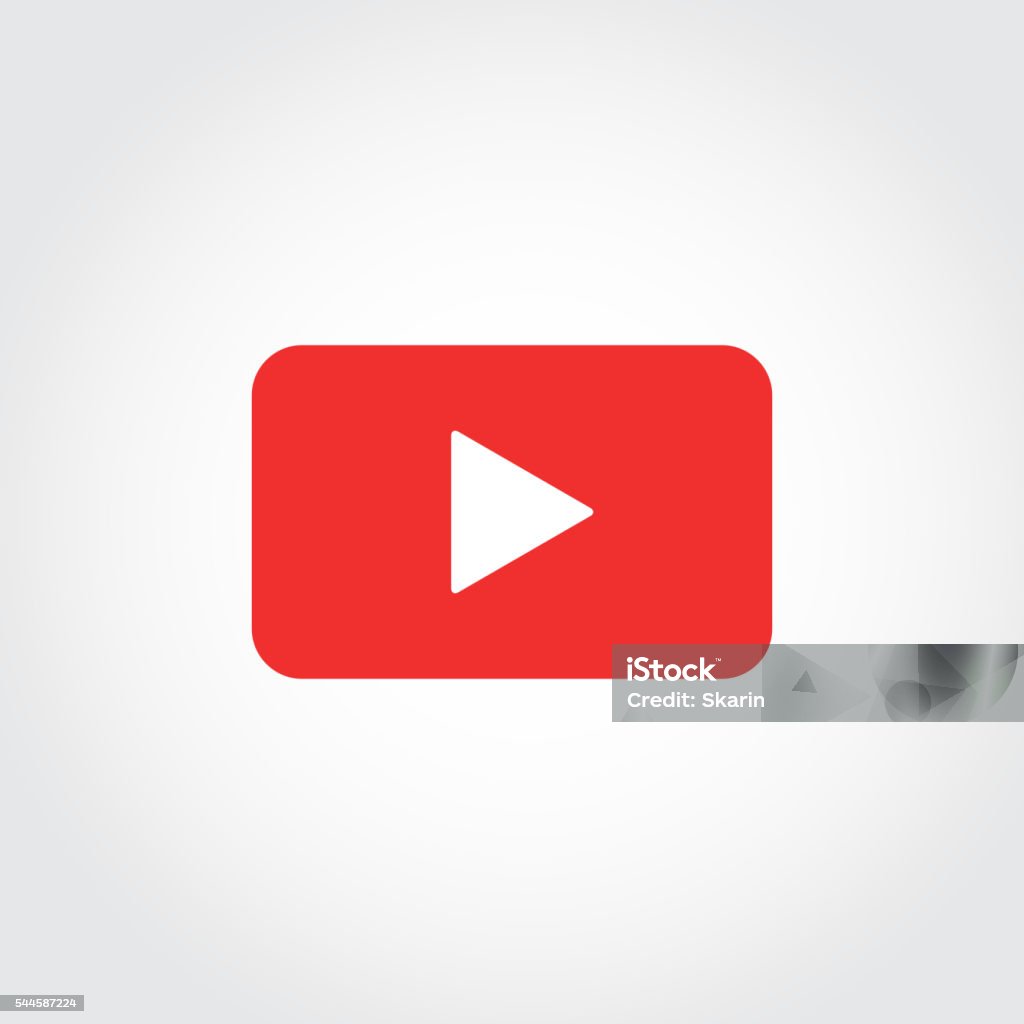In the digital age, where online content consumption is at its peak, YouTube stands as a colossal platform hosting a vast array of videos ranging from entertainment and education to tutorials and vlogs. While streaming is the primary mode of consuming content on YouTube, there are instances where users may want to download videos for offline viewing or other purposes. This is where mastering YouTube to MP4 conversion becomes essential.
YouTube to MP4 conversion allows users to convert online videos into a more portable and widely compatible format, making them accessible on various devices without the need for an internet connection. In this comprehensive guide, we will delve into the various aspects of mastering YouTube to MP4 conversion, exploring the methods, tools, legal considerations, and best practices.
Understanding YouTube’s Terms of Service
Before diving into YouTube to MP4 conversion, it is crucial to familiarise yourself with YouTube’s Terms of Service. YouTube’s terms strictly prohibit the unauthorised downloading or distribution of videos without explicit permission from the content owner. Violating these terms could result in the suspension of your YouTube account.
However, YouTube does provide a legal way to download videos for offline viewing through its offline feature, available on its mobile app. Users can save videos for offline viewing within the YouTube app, but these downloads are encrypted and can only be viewed within the app itself. For other purposes, it’s essential to respect copyright laws and the rights of content creators.
Legal Considerations
The legality of YouTube to MP4 conversion varies depending on the intent and the specific method used. Downloading videos without permission is generally against YouTube’s terms, but there are legal alternatives and exceptions to consider:
YouTube Premium
YouTube offers a subscription service called YouTube Premium that allows users to download videos legally for offline viewing. By subscribing to YouTube Premium, users support content creators and gain access to additional features, including offline downloads.
Creative Commons Videos
Some videos on YouTube are licensed under Creative Commons, allowing users to reuse and remix the content. However, it’s crucial to check the specific licence terms associated with each video to ensure compliance.
Public Domain Content
Videos in the public domain can be freely downloaded and used. However, identifying public domain content on YouTube may require thorough research.
Methods of YouTube to MP4 Conversion
Once you’ve considered the legal aspects and obtained the necessary permissions, you can explore various methods for YouTube to MP4 conversion. Here are some commonly used methods:
Online Video Converters Online video conversion websites are popular for their simplicity and accessibility. Users can paste the YouTube video URL into these websites, select the desired format (MP4), and download the converted file. Examples of such platforms include ClipConverter, OnlineVideoConverter, and YTMP3.
Desktop Software
Dedicated desktop software provides more features and control over the conversion process. Programs like 4K Video Downloader, YTD Video Downloader, and Freemake Video Downloader allow users to download YouTube videos in various formats, including MP4.
Browser Extensions
Browser extensions, such as Video DownloadHelper for Firefox or Chrome, enable users to download YouTube videos directly from the browser. These extensions add a download button below the video, making the process convenient.
Command Line Tools
For tech-savvy users, command line tools like youtube-dl provide a powerful and scriptable way to download YouTube videos. This method requires a bit more technical expertise but offers flexibility and customization.
Best Practices for YouTube to MP4 Conversion
To ensure a smooth and ethical YouTube to MP4 conversion experience, consider the following best practices:
Respect Copyright
Only download and convert videos that you have the right to use. Respect copyright laws and the terms of service of the content platform.
Check Video Quality
When converting videos, ensure that the selected quality meets your requirements. Some conversion tools allow you to choose the resolution and format for the output file.
Update Software Regularly
If you’re using desktop software or browser extensions, make sure to keep them updated. Updates often include bug fixes and improvements to ensure compatibility with the latest YouTube changes.
Be Wary of Advertisements
Some online converters and software may have intrusive ads or bundled software. Be cautious during installation to avoid unintentionally installing unwanted programs.
Consider Video Editing Software
If you need to edit the downloaded videos, consider using video editing software like Adobe Premiere Pro or DaVinci Resolve. This allows you to trim, cut, and enhance the downloaded content.
Keep Backup Copies
Store backup copies of the downloaded videos in a secure location. This ensures that you have access to the content even if it gets removed from YouTube or if there are changes to your subscription status.
Conclusion
Mastering YouTube to MP4 conversion involves a balance between convenience, legal considerations, and ethical practices. While there are numerous tools and methods available for downloading and converting YouTube videos, it’s essential to use them responsibly and respect the rights of content creators.
Always prioritise legal and authorised methods, such as YouTube Premium or offline features within the YouTube app, to support the creators and ensure compliance with platform terms. When using third-party tools, choose reputable sources, keep software updated, and be mindful of copyright laws.
By following these guidelines, users can navigate the world of YouTube to MP4 conversion with confidence, unlocking the ability to enjoy their favorite content offline while maintaining ethical and legal standards.

